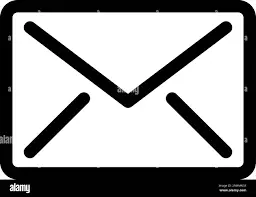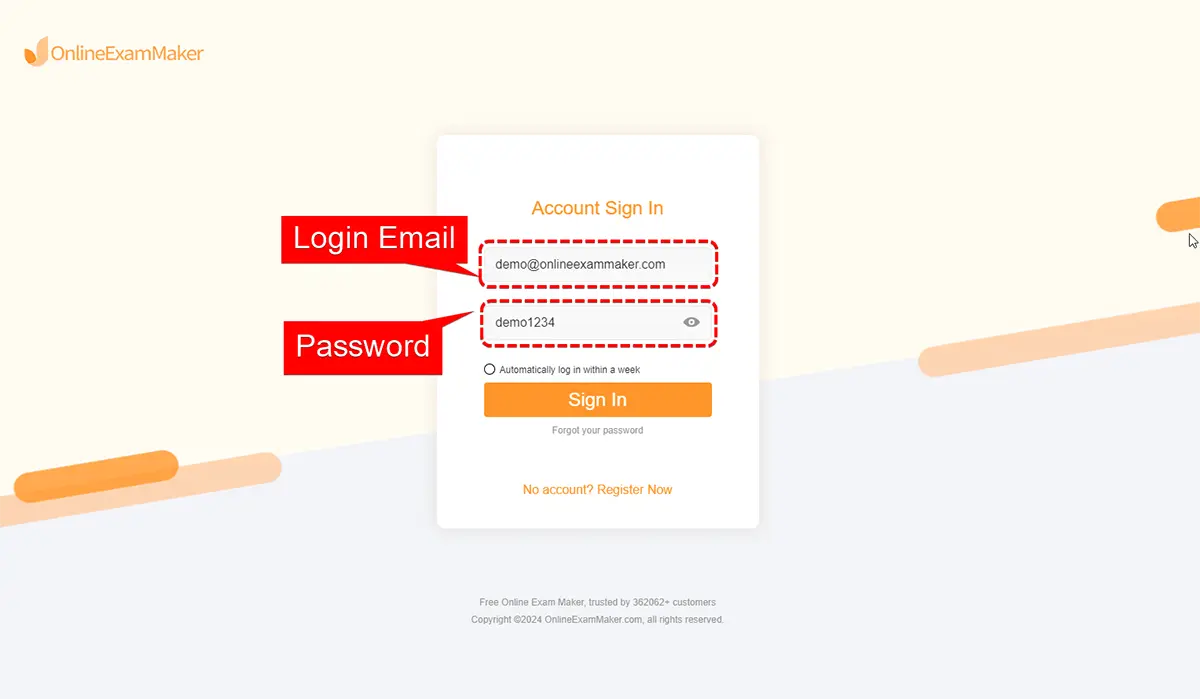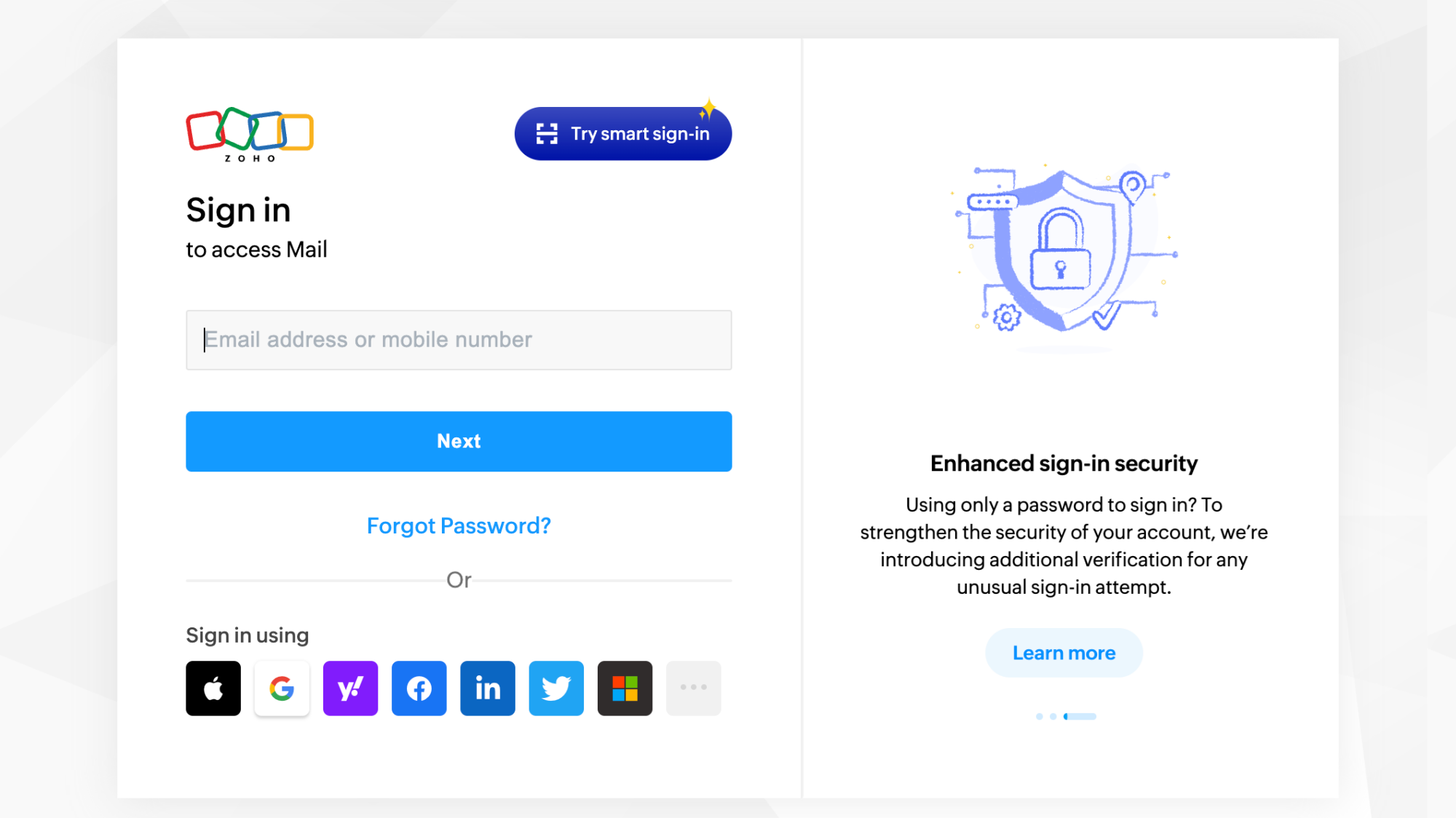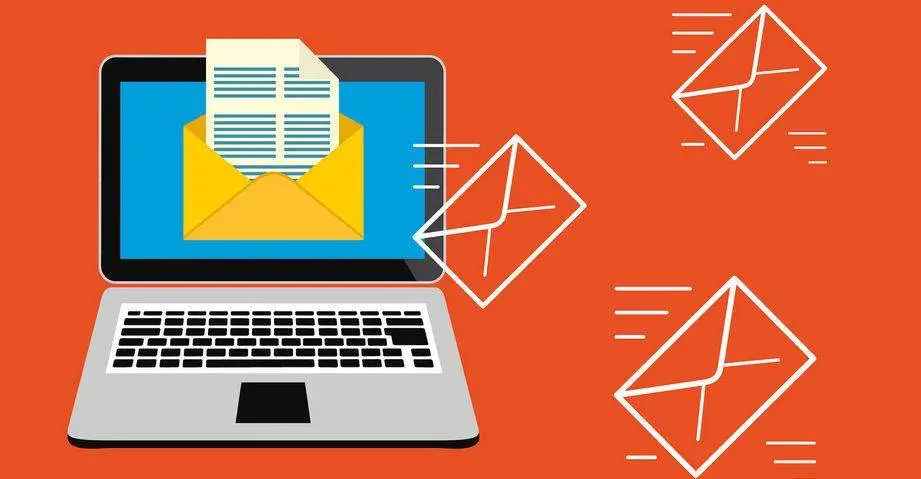Securing Your Free Email Service
As the digital landscape continues to evolve, free email services have become an essential tool for individuals and businesses alike. With the rise of phishing attacks, data breaches, and cyber threats, securing your free email service has never been more crucial. In this article, we'll explore the importance of securing your free email service, highlighting the risks, benefits, and best practices to keep your email account safe.
The Risks of Unsecured Free Email Services
Free email services, such as Gmail, Yahoo, and Outlook, are popular targets for cybercriminals. With millions of users, these services provide a vast pool of potential victims. Unsecured free email services can lead to:
- Phishing attacks: Hackers can send fake emails that appear to be from your email service, tricking you into revealing sensitive information.
- Data breaches: Free email services may store your personal data, which can be compromised in a data breach.
- Malware and viruses: Unsecured email accounts can be infected with malware and viruses, compromising your device and data.
Benefits of Securing Your Free Email Service
Securing your free email service offers numerous benefits, including:
- Protection from cyber threats: By securing your email account, you can prevent cybercriminals from accessing your sensitive information.
- Data protection: Securing your email account ensures that your personal data remains confidential and secure.
- Improved credibility: A secure email account can enhance your professional reputation and credibility.
Best Practices for Securing Your Free Email Service
To secure your free email service, follow these best practices:
Password Security
- Use strong and unique passwords: Avoid using easily guessable passwords and use a password manager to generate and store unique passwords.
- Enable two-factor authentication: Two-factor authentication adds an extra layer of security by requiring a second form of verification, such as a code sent to your phone.
Email Account Settings
- Enable email encryption: Enable email encryption to protect your emails from being intercepted and read by unauthorized parties.
- Use a secure connection: Always use a secure connection (HTTPS) when accessing your email account.
Email Security Software
- Install antivirus software: Install antivirus software to protect your device from malware and viruses.
- Use a reputable email client: Use a reputable email client that offers security features, such as encryption and two-factor authentication.
Conclusion
Securing your free email service is crucial in today's digital landscape. By understanding the risks, benefits, and best practices, you can protect your sensitive information and maintain a secure online presence. Remember to use strong and unique passwords, enable two-factor authentication, and use a secure connection when accessing your email account.
Additional Resources
- "The Ultimate Guide to Password Security" - Learn more about password security and how to create strong and unique passwords
- "The Importance of Two-Factor Authentication" - Discover the benefits of two-factor authentication and how to enable it on your email account
Meta Description
"Learn how to secure your free email service and protect your sensitive information from cyber threats. Discover the best practices for password security, email account settings, and email security software."
Target Keyword: Securing Your Free Email Service
Keyword Density: 1.5%
Internal Links:
- "The Ultimate Guide to Password Security"
- "The Importance of Two-Factor Authentication"
External Links:
- Google's Two-Step Verification
- Microsoft's Two-Factor Authentication
- Norton Antivirus Software




